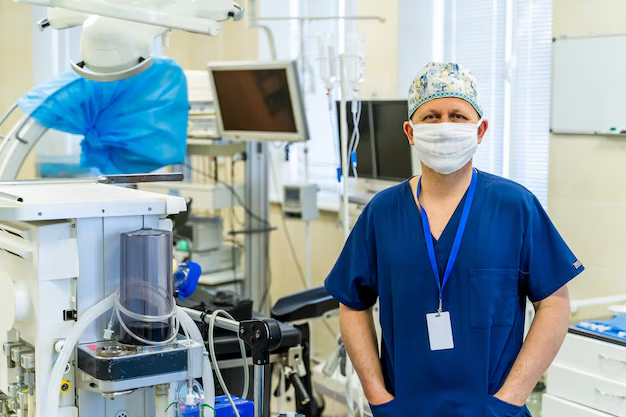How to Become an Anesthesia Nurse: Essential Degrees and Certifications
Becoming an anesthesia nurse is an enriching career path that promises both professional fulfillment and a competitive salary. Known formally as a Certified Registered Nurse Anesthetist (CRNA), this role requires a blend of intensive education and practical experience. To embark on this rewarding journey, aspiring CRNAs typically begin with a Bachelor of Science in Nursing (BSN) degree followed by obtaining a registered nursing (RN) license. This foundational step ensures a comprehensive understanding of patient care and medical procedures.
Once an RN license is secured, the next step is gaining clinical experience, which is critical for the advanced responsibilities of a CRNA. Prospective anesthesia nurses are required to pursue a Master of Science in Nursing (MSN) or a Doctor of Nursing Practice (DNP) degree with a focus on nurse anesthesia. Additionally, completing a nationally accredited nurse anesthesia program is essential. Finally, passing the National Certification Examination (NCE) is imperative to practice as a CRNA. This rigorous educational pathway not only ensures a high standard of care but also positions CRNAs as indispensable members of the healthcare team.
Key Educational Pathways and Credentials:
- 🎓 Bachelor of Science in Nursing (BSN)
- 📝 Registered Nurse (RN) License
- 🏥 Clinical Experience (Typically in an ICU Setting)
- 📚 Master of Science in Nursing (MSN) or Doctor of Nursing Practice (DNP)
- ✨ Completion of an Accredited Nurse Anesthesia Program
- �� National Certification Examination (NCE) for CRNAs
By following these steps, you can prepare for a crucial role in healthcare that ensures patients' safety and comfort during surgical procedures.
